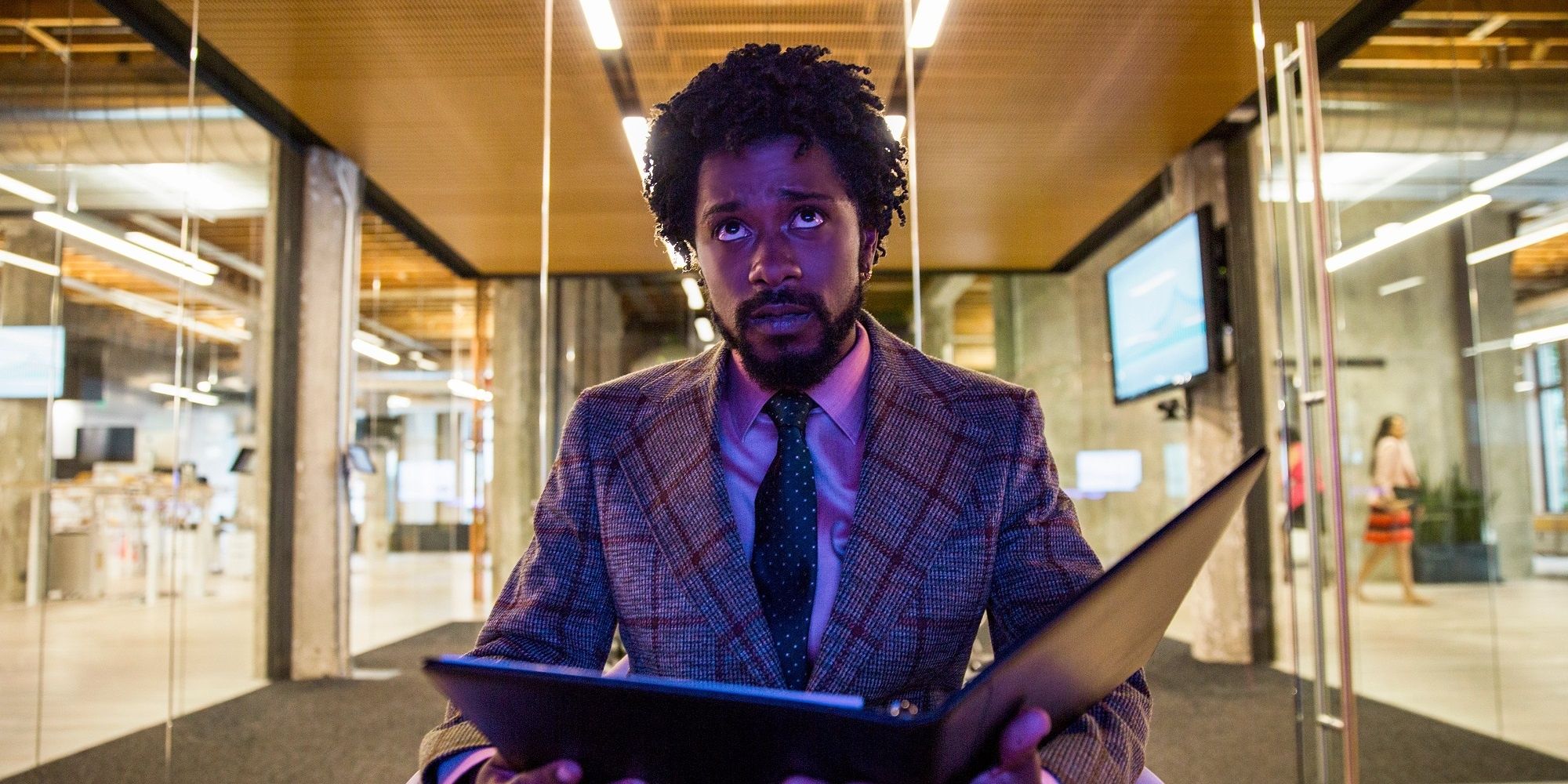As the world grapples with the accelerating impacts of climate change, global CEOs face unprecedented challenges and opportunities. The role of corporate leadership in driving sustainability and corporate responsibility has never been more critical. This article explores the strategic imperatives for CEOs to embed sustainability into their core business operations, innovate for a greener future, and lead by example in the global fight against climate change.
The Business Case for Sustainability:
- Risk Mitigation: Climate-related risks, including extreme weather events, regulatory changes, and supply chain disruptions, pose significant threats to business continuity. Initiative-taking sustainability measures can mitigate these risks and protect long-term business interests.
- Consumer Demand: Modern consumers are increasingly eco-conscious, favoring brands that demonstrate genuine commitment to sustainability. Companies that prioritize environmental responsibility can enhance their brand reputation, customer loyalty, and market share.
- Investor Expectations: Investors are prioritizing environmental, social, and governance (ESG) criteria in their investment decisions. Companies with robust sustainability strategies are more attractive to investors seeking long-term value and reduced risk.
Innovative Approaches to Sustainability:
- Adopting Circular Economy Principles: Transitioning from linear to circular business models can reduce waste, increase resource efficiency, and create new revenue streams. CEOs can drive innovation by rethinking product lifecycles, encouraging recycling, and designing for durability.
- Leveraging Technology for Sustainability: Emerging technologies such as AI, IoT, and blockchain can enhance sustainability efforts. For example, AI can optimize energy usage, IoT can improve supply chain transparency, and blockchain can ensure ethical sourcing.
- Sustainable Supply Chains: Building sustainable supply chains is crucial for reducing environmental impact. CEOs must collaborate with suppliers to ensure sustainable practices, from raw material sourcing to manufacturing and distribution.
Leadership and Corporate Responsibility:
- Setting Ambitious Goals: CEOs must set bold sustainability goals aligned with global frameworks like the Paris Agreement and the UN Sustainable Development Goals (SDGs). Publicly commidemonstratese targets demonstrates leadership and accountability.
- Building a Sustainability Culture: Embedding sustainability into the corporate culture requires engaging employees at all levels. CEOs can foster a culture of sustainability by promoting awareness, providing training, and incentivizing eco-friendly practices.
- Collaborating for Greater Impact: Addressing climate change requires collective action. CEOs should actively participate in industry coalitions, public-private partnerships, and global initiatives to amplify their impact and drive systemic change. It is especially important to focus on the humanitarian aspects of society that as CEOs we should align with.
Conclusion:
The imperative for global CEOs to lead on sustainability and corporate responsibility has never been clearer. By integrating sustainability into their strategic vision, embracing innovation, and championing ethical practices, CEOs can not only safeguard their companies’ future but also contribute to a more sustainable and equitable world. The path to a greener future is paved with opportunities for those who are willing to lead with purpose and vision.
Written by Christina DiArcangelo.
Have you read?
Richest Billionaire Investors. Billionaire Winners. Billionaire Losers. Best Business Schools. Best Hotel Schools.
Add CEOWORLD magazine to your Google News feed.
Follow CEOWORLD magazine headlines on: Google News, LinkedIn, Twitter, and Facebook.
Copyright 2024 The CEOWORLD magazine. All rights reserved. This material (and any extract from it) must not be copied, redistributed or placed on any website, without CEOWORLD magazine’ prior written consent. For media queries, please contact: info@ceoworld.biz


























































![Social Media Spring Cleaning [Infographic] Social Media Spring Cleaning [Infographic]](https://imgproxy.divecdn.com/9e7sW3TubFHM00yvXe5zvvbhAVriJiGqS8xmVFLPC6s/g:ce/rs:fit:770:435/Z3M6Ly9kaXZlc2l0ZS1zdG9yYWdlL2RpdmVpbWFnZS9zb2NpYWxfc3ByaW5nX2NsZWFuaW5nMi5wbmc=.webp)
![5 Ways to Improve Your LinkedIn Marketing Efforts in 2025 [Infographic] 5 Ways to Improve Your LinkedIn Marketing Efforts in 2025 [Infographic]](https://imgproxy.divecdn.com/Hv-m77iIkXSAtB3IEwA3XAuouMwkZApIeDGDnLy5Yhs/g:ce/rs:fit:770:435/Z3M6Ly9kaXZlc2l0ZS1zdG9yYWdlL2RpdmVpbWFnZS9saW5rZWRpbl9zdHJhdGVneV9pbmZvMi5wbmc=.webp)












